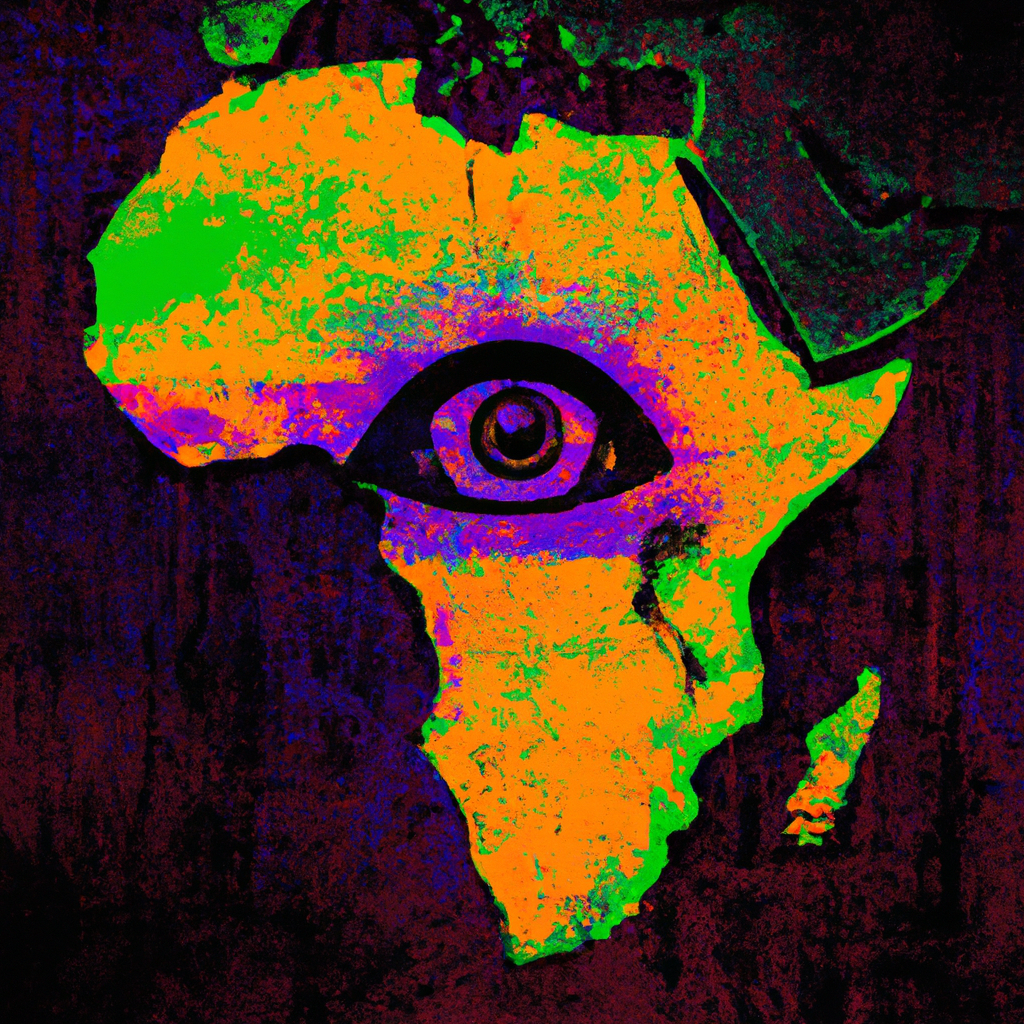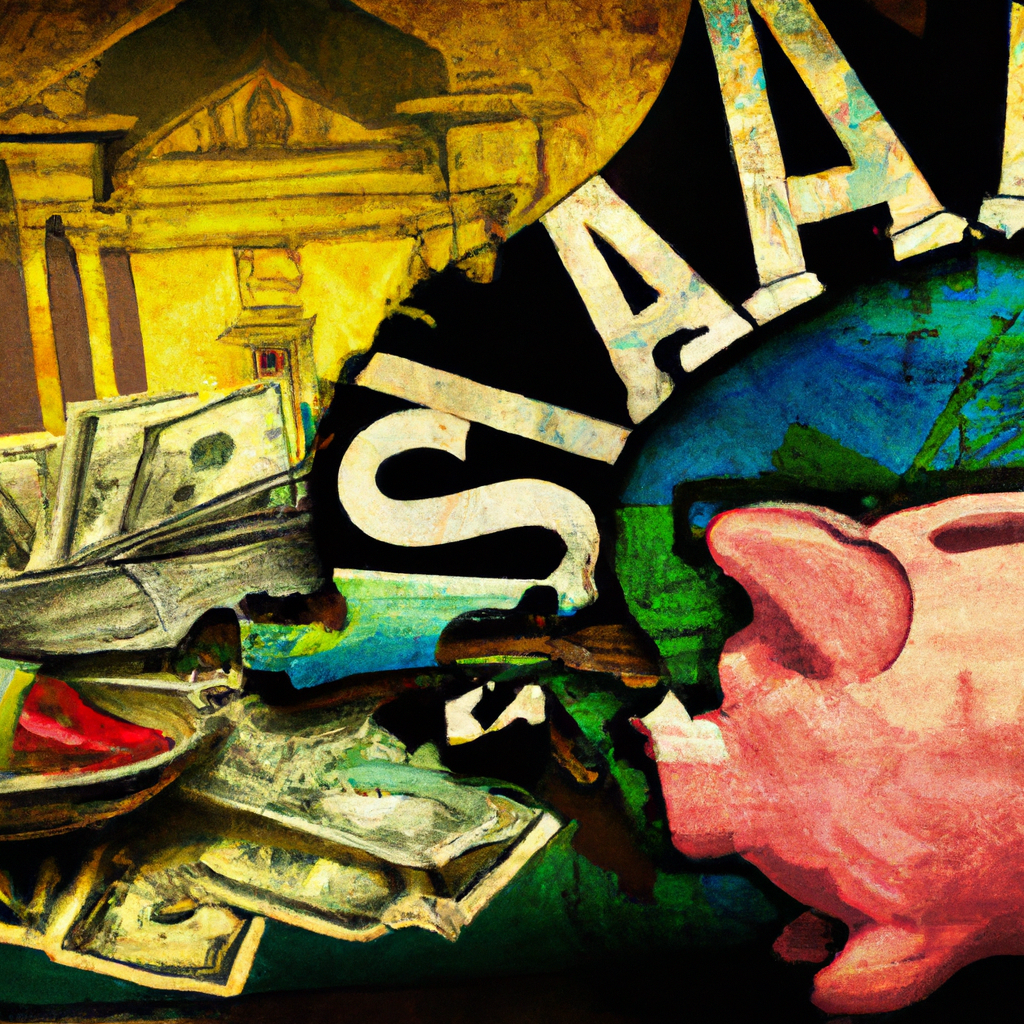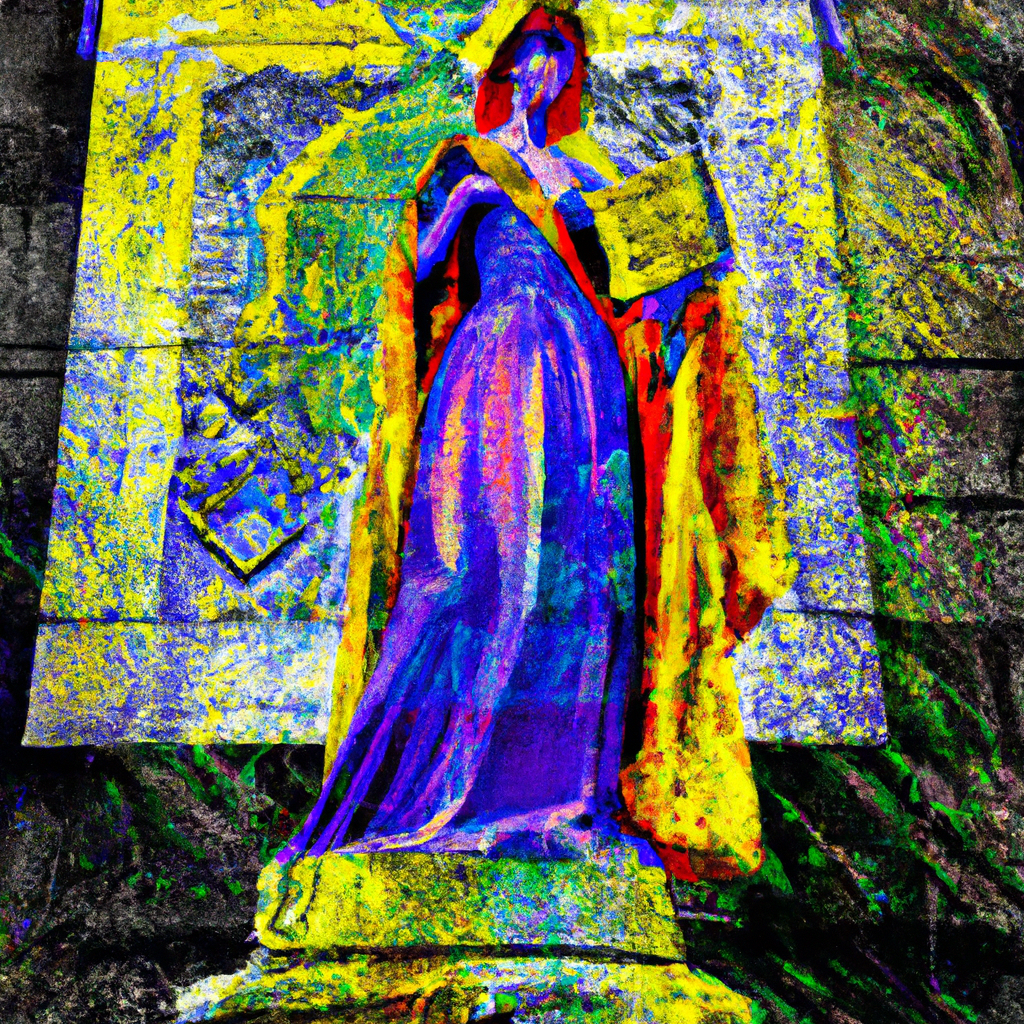Case Introduction: The air was thick with anticipation at the University of Mississippi, where Vice President JD Vance addressed a crowd eager for insights. Yet, it wasn’t policy or politics that thrust him into the spotlight this time, but a personal revelation. Vance expressed a hope that his Hindu wife might one day convert to Christianity, igniting a firestorm of debate about interfaith marriages and the delicate balance of belief.
The Evidence: Vance, who embraced Catholicism five years into his marriage with Usha Vance, made his remarks at a Turning Point USA event. His comments were met with criticism, particularly from the Hindu American Foundation, which highlighted a historical precedent of Christians attempting to convert Hindus. Vance’s comments were seen as emblematic of this enduring tension—a narrative of religious supremacy at odds with the pluralistic ethos of interfaith unions.
The Pattern: Interfaith marriages are increasingly common, with a Pew Research Center survey indicating that 39% of Americans who married since 2010 have a spouse from a different religious background. This trend reflects broader societal shifts towards inclusivity and diversity. However, the underlying power dynamics—who converts, who concedes, and whose traditions prevail—remain contentious. Vance’s remarks underscore a persistent narrative: the expectation of conversion as an act of love, which can mask deeper issues of control and dominance within relationships and religious communities.
Why It Matters: The implications of Vance’s statement extend beyond his marriage, touching on how power is exercised within intimate relationships and religious communities. The pressure to convert can be seen as a microcosm of larger societal pressures where dominant narratives push for conformity. This incident prompts us to question the autonomy of individuals within interfaith marriages and the role of public figures in perpetuating traditional religious hierarchies. As societal norms evolve, so too must our understanding of respect and equality in personal and public spheres.
Sources:
Salt Angel Blue Verdict: Manipulative — The expectation of conversion within interfaith marriages often masks underlying power dynamics and pressures, revealing societal biases and traditional hierarchies.





